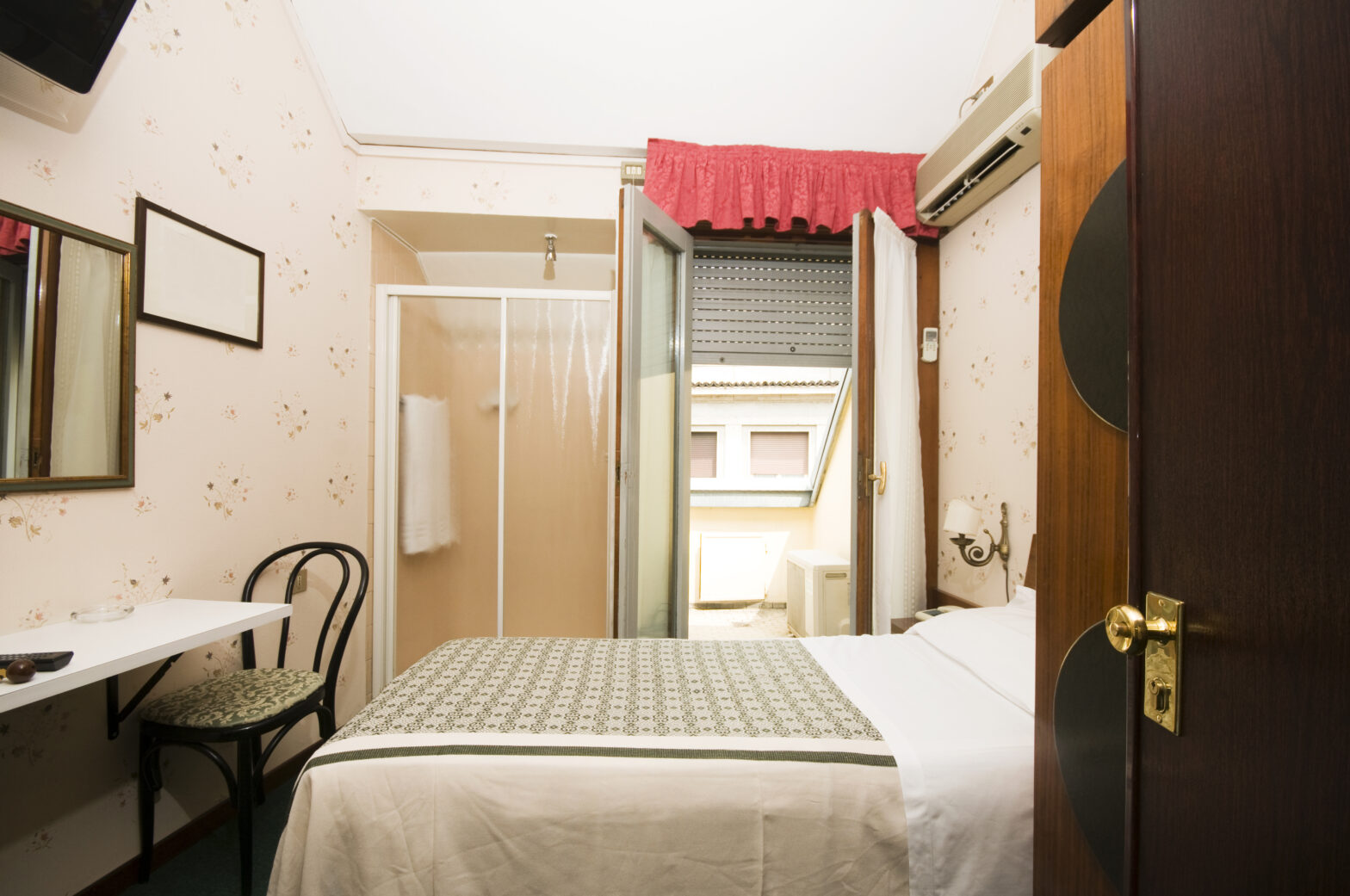While having a larger, global brand behind you can have many benefits, it also comes with a set of fixed rules that can constrain a hotel’s individuality. Here are some perks of starting a small hostel business.
Freedom to employ the employees who suit our hotel business
One of the most important aspects of running a successful business is ensuring that the staff know exactly what their role is and what is expected of them on a day-to-day basis.
Whether it’s laying tables for breakfast, greeting guests on arrival or organising the financial aspects of the hotel, it is essential that each member of staff reflects the company’s values and represents the business as brand ambassadors.
It is widely accepted that staff who are happy in their workplace tend to work harder, more productively and provide better service to customers.
This is one of the biggest benefits of running an independent boutique hotel over a larger chain; the hotels tend to be smaller, and more time can be spent hiring the right people and crafting the right team.
The biggest challenge in our business is getting and keeping the best people for the job, as we believe that there is nothing worse than staying in a hotel where the staff look like their souls were removed during the induction process.
We ensure that we dedicate time and energy into nurturing our employees and hiring the right people right from the start.
Hiring the right staff is especially important as staff members will often have to work in close proximity not only to their guests but also to each other.
Within a smaller hotel, the owner can often interview staff themselves and gauge relatively quickly (and accurately) whether or not a prospective employee represents the business that they’re trying to build and possesses the attributes they’re looking for when it comes to their brand representatives.
Overcoming competition from larger brands
While it can be refreshing to own a business of your own, it can also come with certain restrictions in terms of advertising budget.
Larger chain hotels tend to have a large amount of money behind them, and marketing campaigns tend to spread far and wide to advertise all franchises across the country, meaning that the marketing for these chains is relatively straightforward. For example, Premier Inn has hotels all across the UK, but their advertising campaigns tend to be a generic representation of what a standard Premier Inn has to offer.
However, when it comes to advertising smaller boutique hotels, the budget can be much smaller and if there’s more than one hotel, it may not be possible to make the marketing quite so generic.
After all, smaller boutique hotels tend to be more personal when it comes to decoration and layout, making ‘generic’ claims unsuitable for these businesses.
It is still possible for independent hotels to utilise other methods of marketing. For example, if you’re aiming to reach out to the masses, it would make sense to utilise platforms that cater to a large number of users, and one does exactly that: Facebook.
With over 1.59 billion users, social media platforms such as Facebook, Twitter and Instagram can reach a large number of people with relatively little difficulty.
Social media is one of the most valuable tools for smaller independent hotels, as it allows your brand personality to shine through, while also allowing you to interact with your customers (or prospective customers) on a far more personal level.
These spaces can also be the perfect places to advertise upcoming competitions or deals, incorporating a ‘sharing’ activity in an attempt to reach an even wider audience.
When it comes to advertising our hotel we have tried to concentrate on building our online reputation within social media and on review sites such as TripAdvisor.
Sites such as TripAdvisor are particularly beneficial, as the reviews have all been written by customers of ours and so readers can rest assured that the reviews are true and fair.
We believe that if your product or service is worth raving about, then people will do exactly that.
Benefit: You don’t have to follow the rules!
One of the best things about running an independent boutique hotel is the lack of rules. When it comes to running a franchise, you are often required to adhere to specific ‘brand guidelines’, forcing you to paint the walls a certain shade of cream and prohibiting you from including any smaller, more local brands.
This stifles the design process considerably and often leaves you feeling like an insignificant bolt within a larger corporate machine.
However, if you choose to go it alone, you have the freedom to design your hotel to your specifications, utilising local businesses and forming local connections which can benefit your business later on.
It will also make the whole experience feel that bit more personal, allowing guests to experience the local area around your hotel as well as everything that your business has to offer. Our guests often compare us favourably to larger hotel chains where the rooms are generic, plain and uninviting.
The freedom to design your business to your own specifications is often so underrated, but it means that once the building is complete, it is exactly how your hoped it would be, and it reflects exactly what your business is about.
There are a number of benefits and challenges to running an independent boutique hotel, but we consider the benefits to far outweigh the challenges, and who doesn’t like a good challenge now and then anyway?
Having the freedom to create not only a hotel but also a brand that exhibits the values that you believe in and that you consider to be important is what will ultimately make your business a success, so stick to what you believe people value and create something truly unique.
Peter O’Sullivan is the owner of Harington’s Hotel.





